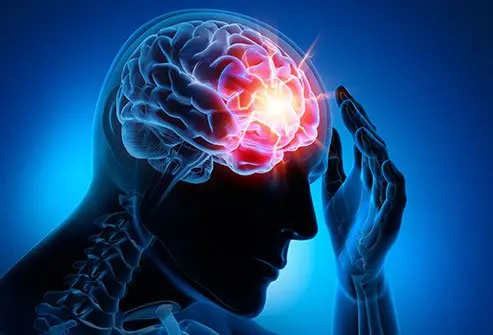A concussion is a type of brain injury that affects how your brain works, and understanding its nature is the first step toward proper management. This injury happens when the brain moves rapidly inside the skull, which can occur from a direct blow to the head or a jolt to the body. Here is more information on concussions, including their causes, symptoms, and treatment options available to support recovery:
What Are Concussions?
Concussions is classified as a mild traumatic brain injury (mTBI) that temporarily disrupts normal brain function, and it occurs without any visible structural damage on standard imaging like CT scans or MRIs. The brain, which is a soft organ cushioned by spinal fluid, can be shaken within the skull upon impact. This movement may cause changes in the brain, leading to a cascade of metabolic and cellular events that produce symptoms.
What Causes Them?
Concussions result from a sudden acceleration or deceleration of the head, and this can be caused by various incidents. Common causes include falls, sports-related impacts, and motor vehicle accidents, which all generate significant force. Any activity that puts the head at risk for a direct blow or a whiplash-type injury can lead to a concussion, so it is beneficial to recognize these situations.
What Are the Symptoms?
Symptoms of a concussion are varied and may appear immediately after the injury or develop over hours or days. Symptoms include physical, cognitive, and sleep-related issues, which together reflect the widespread effects of the injury on brain function. Recognizing these symptoms is key to diagnosing a concussion and beginning the recovery process.
Physical symptoms include headache, nausea, dizziness, and sensitivity to light or noise, while cognitive symptoms can manifest as memory problems or difficulty concentrating. A person may experience sleep disturbances like sleeping more or less than usual. The combination and intensity of these symptoms differ from person to person.
What Are the Long-term Effects?
While most people recover fully from a single concussion within a few weeks, some may experience persistent symptoms. This condition is known as post-concussion syndrome. Repeated concussions increase the risk of long-term neurological problems, so managing each injury correctly is a priority. These long-term effects can impact a person’s quality of life and ability to perform daily activities.
Long-term issues include chronic headaches, ongoing balance and vision problems, and persistent cognitive difficulties, affecting work, school, and social life. Monitoring symptoms and following a structured recovery plan helps mitigate these risks. Visiting a rehabilitation clinic specializing in concussions provides opportunies for healing.
What Are the Treatment Options?
Managing a concussion begins with a period of relative rest, followed by a gradual and medically supervised return to activity. For the first 72 hours after the injury, both physical and cognitive rest are recommended to allow the brain to begin its healing process, and this involves limiting activities that require concentration. After this initial period, a slow progression of activities begins, guided by symptom tolerance.
Specialized therapies are often part of a comprehensive treatment plan, and these can address specific persistent symptoms. Vision and vestibular therapy helps with dizziness, balance problems, and visual disturbances that do not resolve on their own. Headache management strategies may also be implemented to control and reduce the frequency and severity of post-traumatic headaches.
Visit a Neurorehabilitation Clinic
Understanding the signs and appropriate management of a concussion is beneficial for recovery, and a structured approach to healing can yield improved outcomes. From initial rest to specialized therapies, a comprehensive treatment plan addresses the unique symptoms of each individual. If you are experiencing a concussion, visit a neurorehabilitation clinic.





